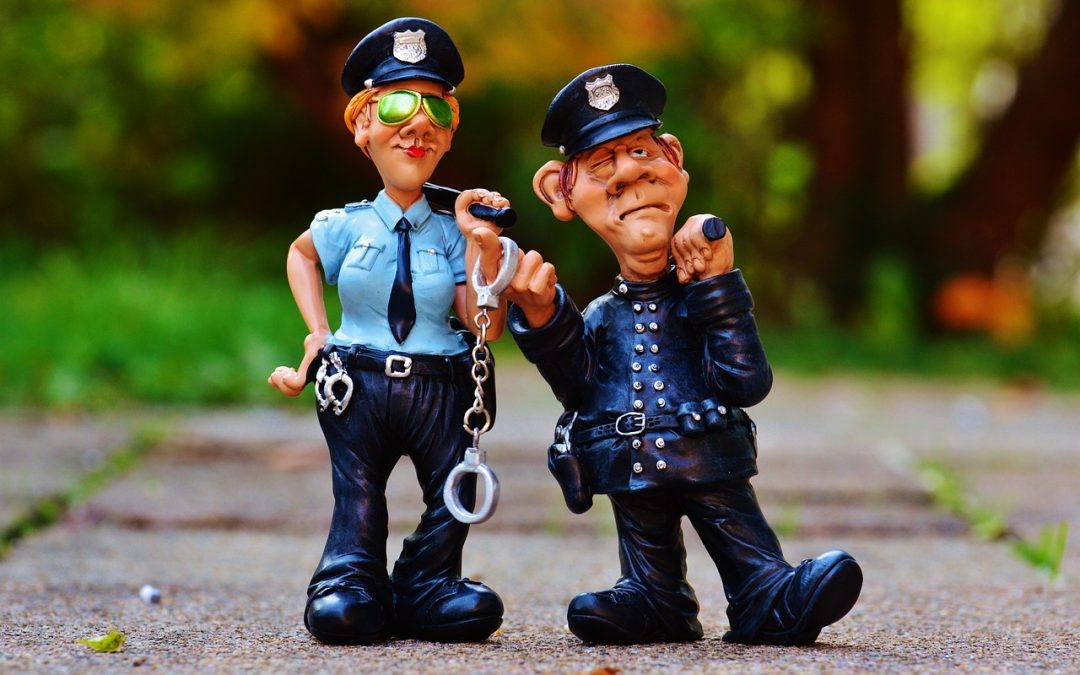When interacting with law enforcement, it’s essential to know your rights and assert them calmly and respectfully. One crucial scenario to prepare for is invoking the right to silence, where you choose not to answer questions or provide information. Recording yourself during this process can provide valuable evidence and protection. But what are the legal implications, and how can you ensure a safe and de-escalated encounter?
Understanding Your Right to Silence
In the United States, the Fifth Amendment guarantees the right to remain silent and avoid self-incrimination. This fundamental right is often invoked during police interactions, particularly when an individual is unsure about their legal obligations or fears self-incrimination. The famous Miranda warning, “You have the right to remain silent, anything you say can and will be used against you in a court of law,” stems from this constitutional provision.
Recording Yourself: Legal Considerations
Recording police interactions is generally legal, as long as you’re not interfering with the officer’s duties or violating specific state laws. The key is to be open and transparent about recording. In many states, such as California and New York, all-party consent laws require that all parties involved in the conversation be aware of the recording. In other states, like Illinois and Massachusetts, only one-party consent is necessary, meaning you can record without the officer’s knowledge. However, it’s always best to ask for permission and avoid any potential legal issues.
- Ask the officer, “May I record our conversation?” or “Am I free to record this interaction?”
- Be respectful and calm when asking for permission
- Avoid attempting to record in secret, as this may escalate the situation
- Keep your recording device in plain sight to avoid any confusion
“The right to record is an essential component of our right to free speech and should not be restricted without a compelling reason.”
Asserting Your Right to Silence and Recording
To assert your right to silence and record the interaction:
1. Politely inform the officer that you’d like to exercise your right to silence and record the conversation.
2. Clearly state your intention to remain silent and not answer any questions.
3. Begin recording the interaction, ensuring the device is visible and audible.
4. If the officer asks you to stop recording, politely reiterate your request to record and ask if you’re free to continue.
Remember, your safety is paramount. If you feel uncomfortable or unsafe, it’s essential to prioritize de-escalation and cooperation.
In conclusion, recording yourself invoking the right to silence can be a powerful tool for protecting your rights and promoting accountability. By understanding your legal rights, being respectful, and following practical tips, you can navigate these complex situations with calmness and confidence. Stay up-to-date with local laws and regulations to ensure your rights are protected.
The information at Observed.Org may not pertain to every jurisdiction. It is YOUR responsibility to know your rights and observe them. Nothing here should be considered legal advice.

